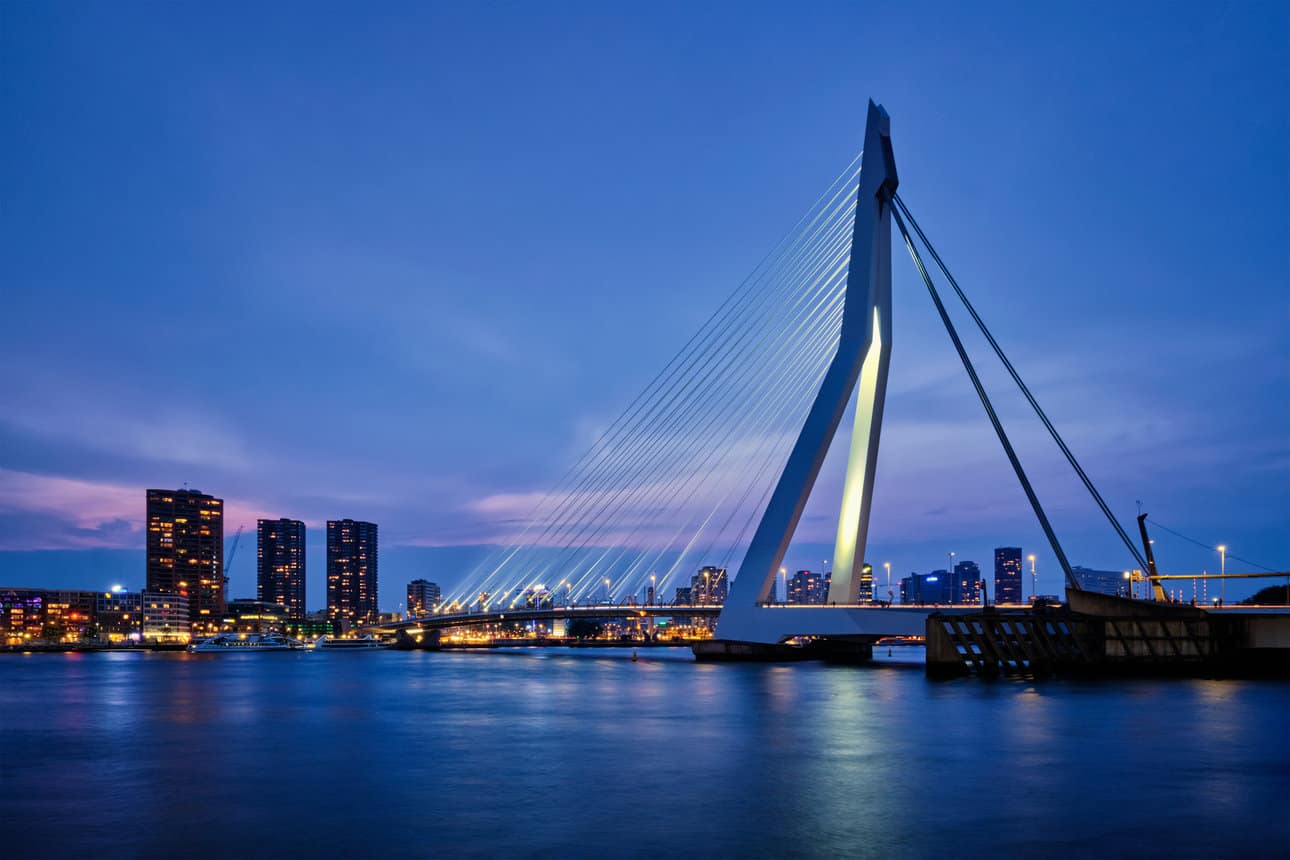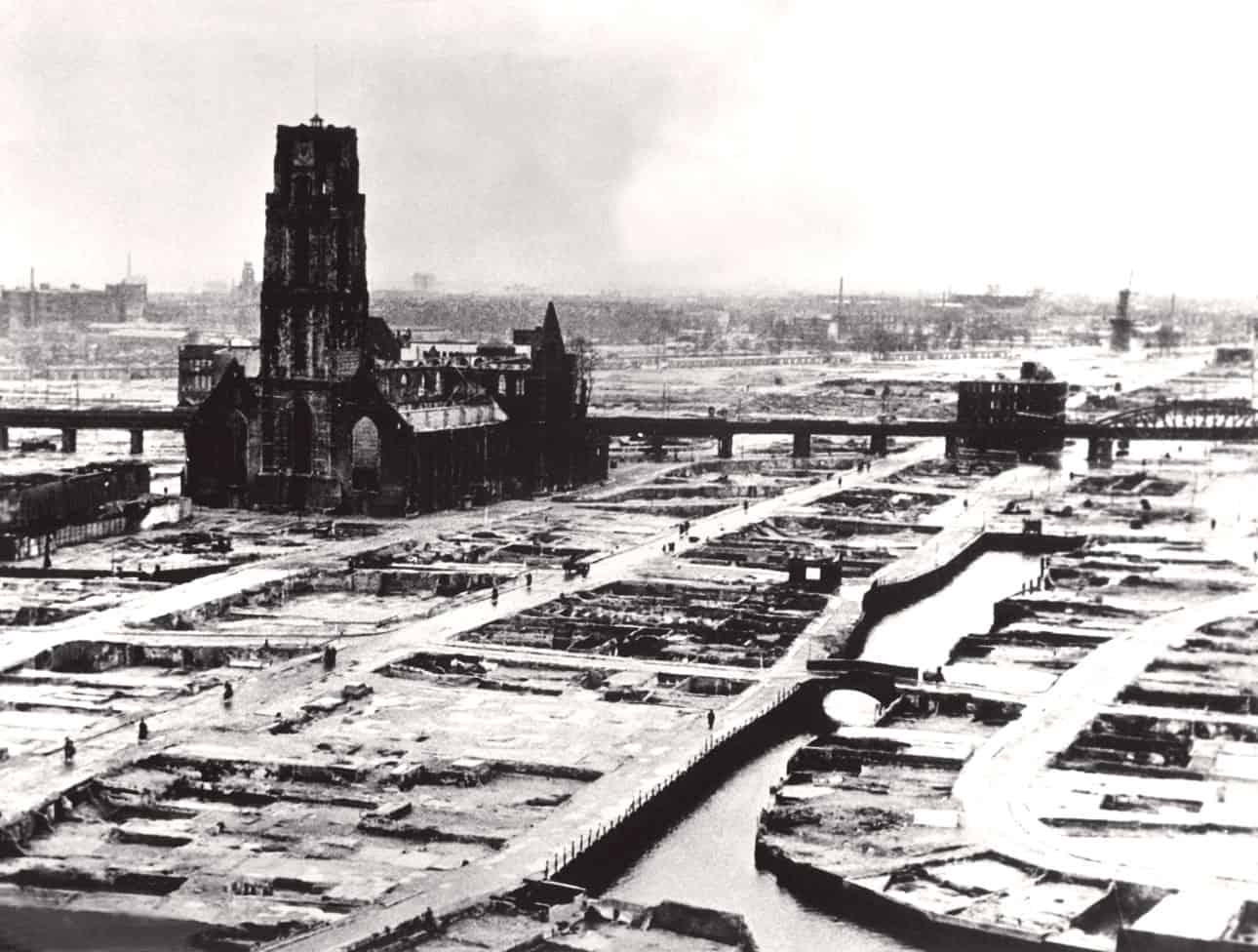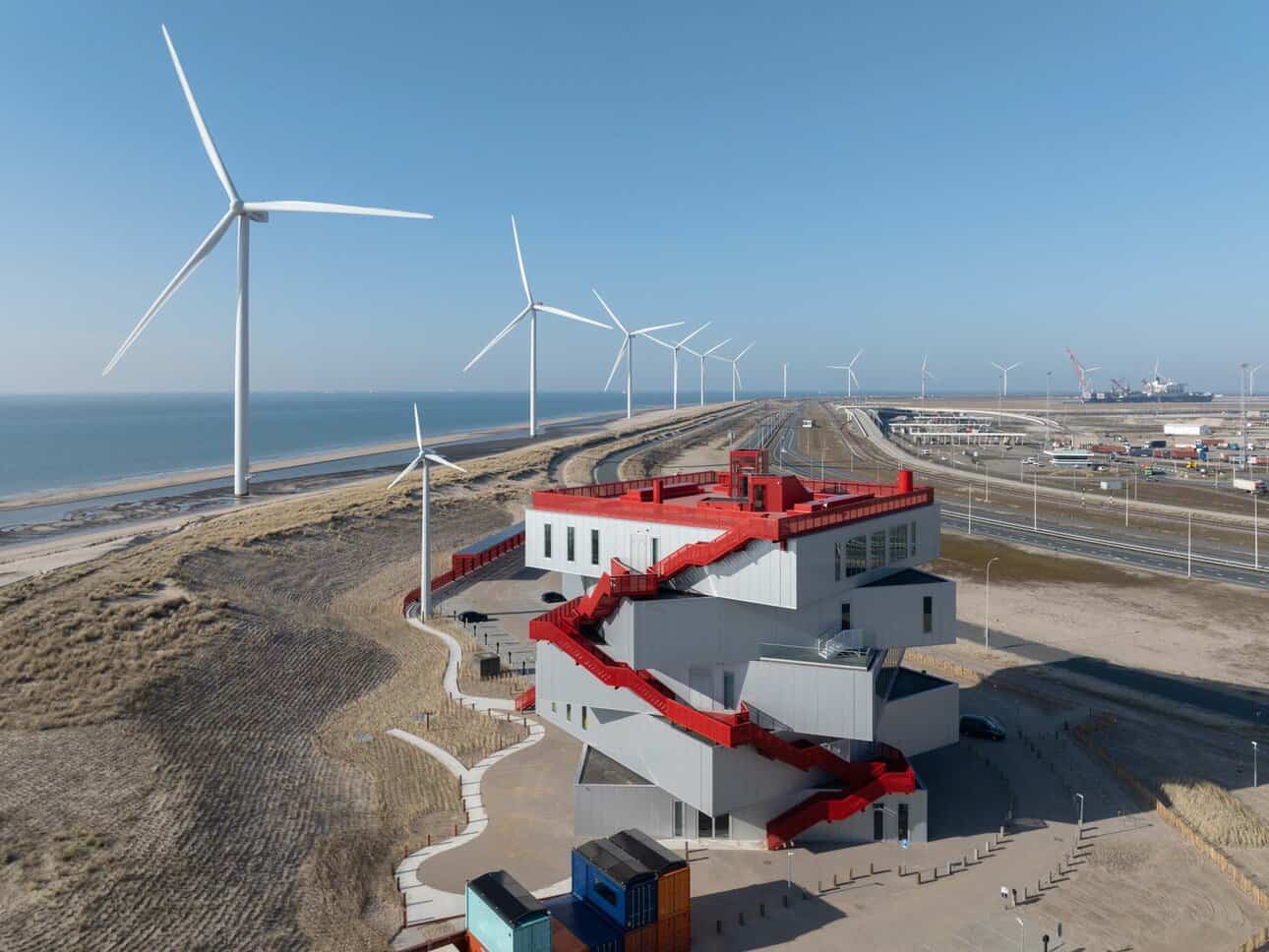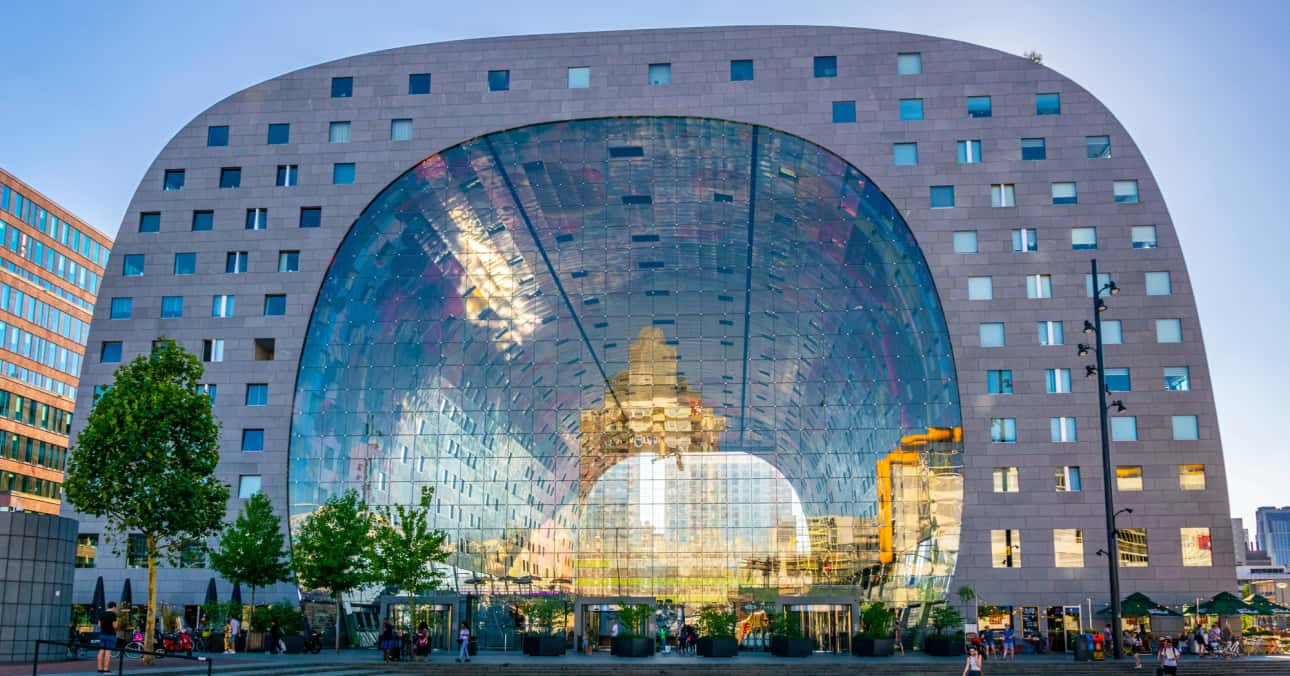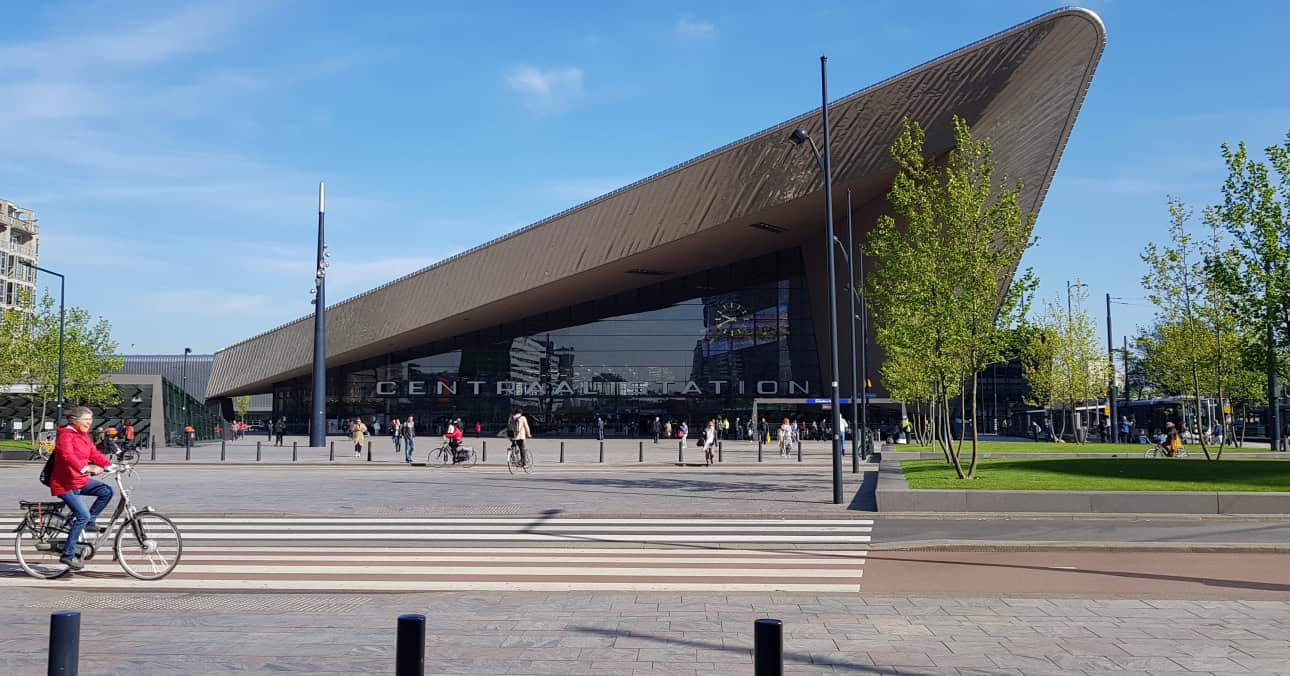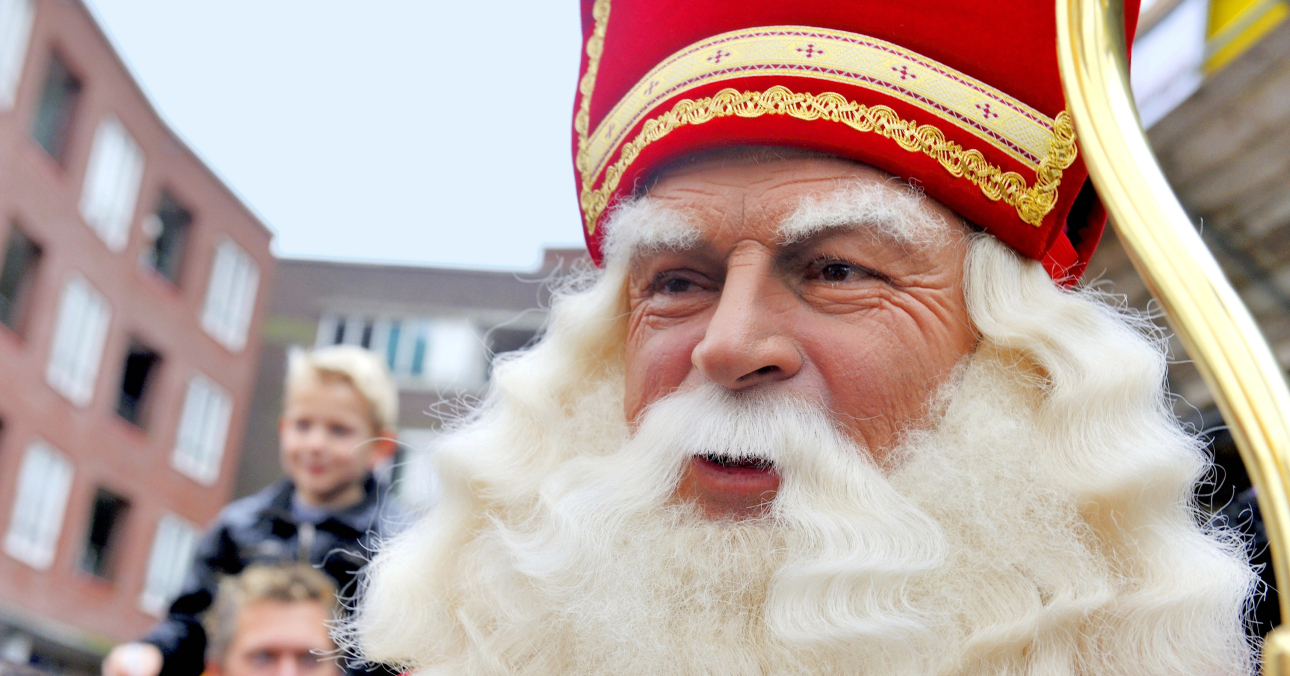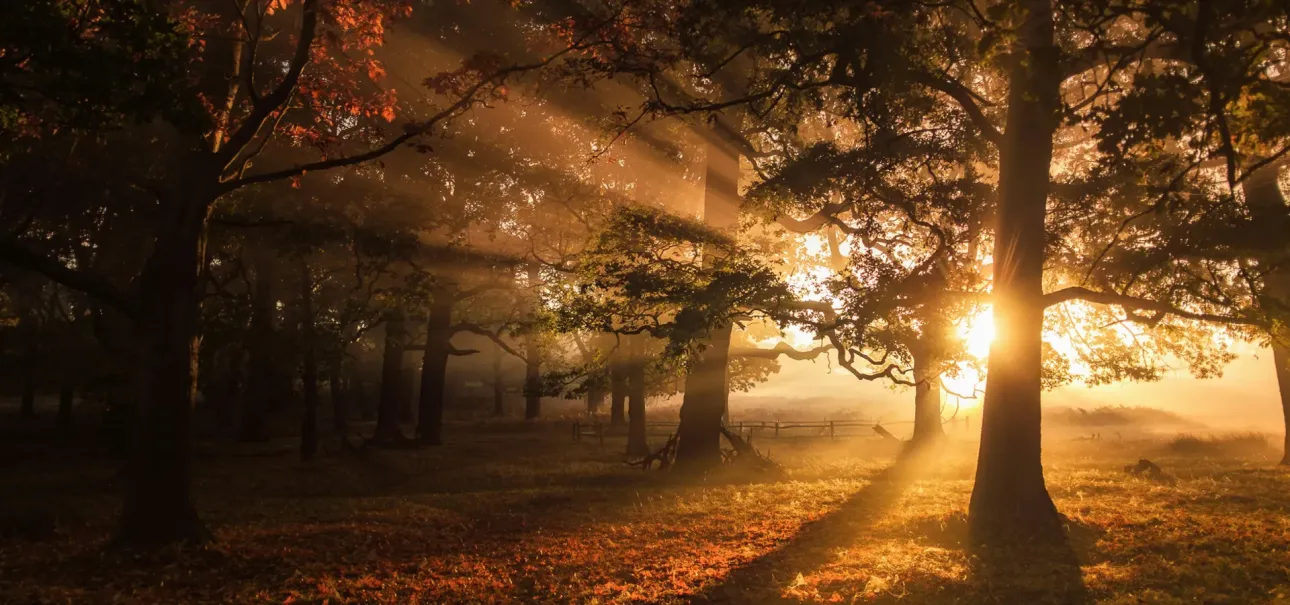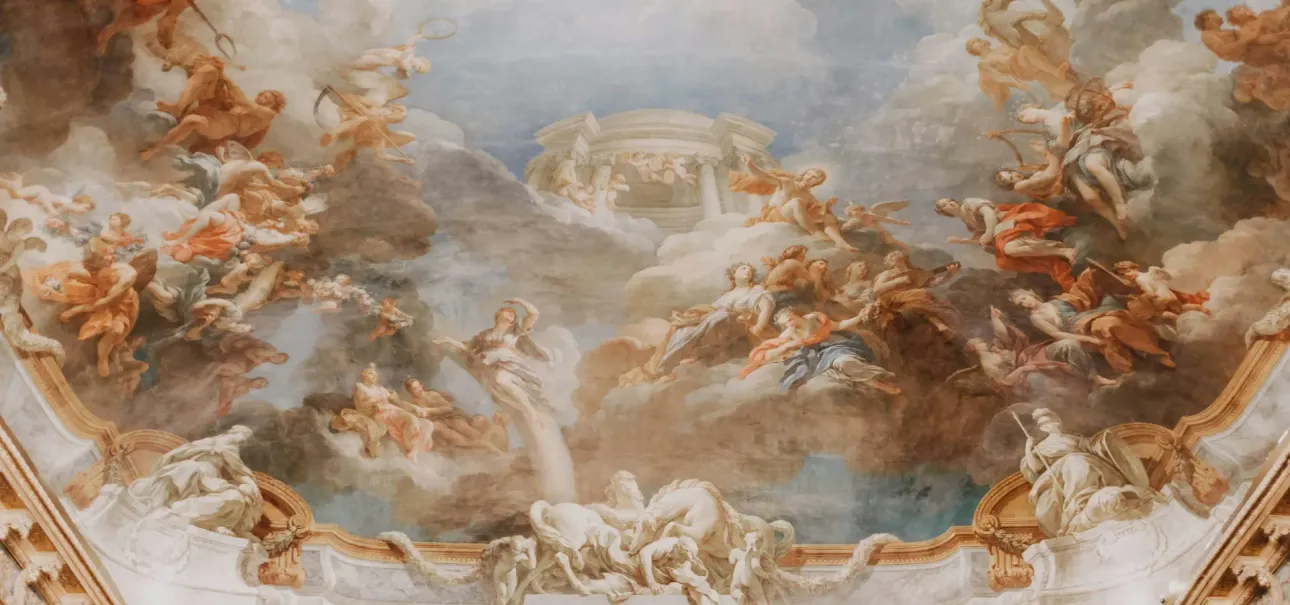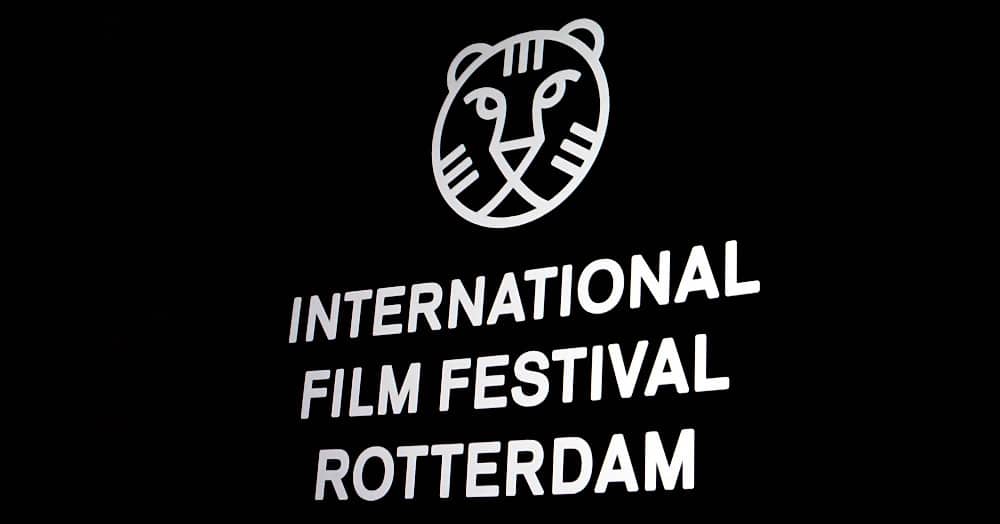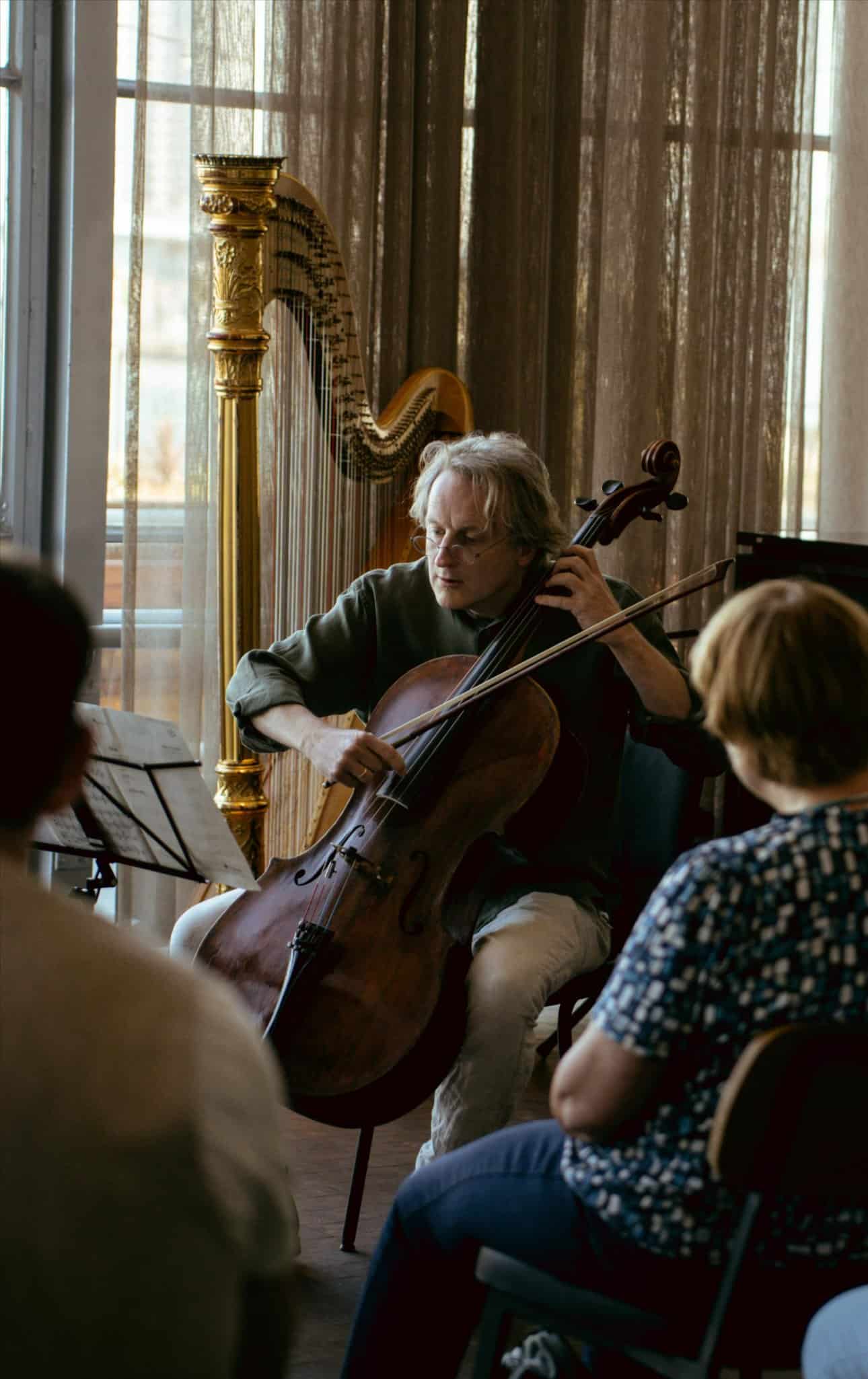Rotterdam's history lives on in its most cherished landmarks. From Europe's first skyscraper to medieval churches, each site tells a story of resilience and rebirth.
Rotterdam is often celebrated for its bold, modern architecture and vibrant cultural scene. Yet, the city’s rich history, marked by resilience and rebirth, remains visible in several iconic landmarks that survived World War II bombings or were carefully restored. Here, we take a closer look at six historic landmarks in Rotterdam and the unique stories behind them.
1. The Witte Huis (White House)
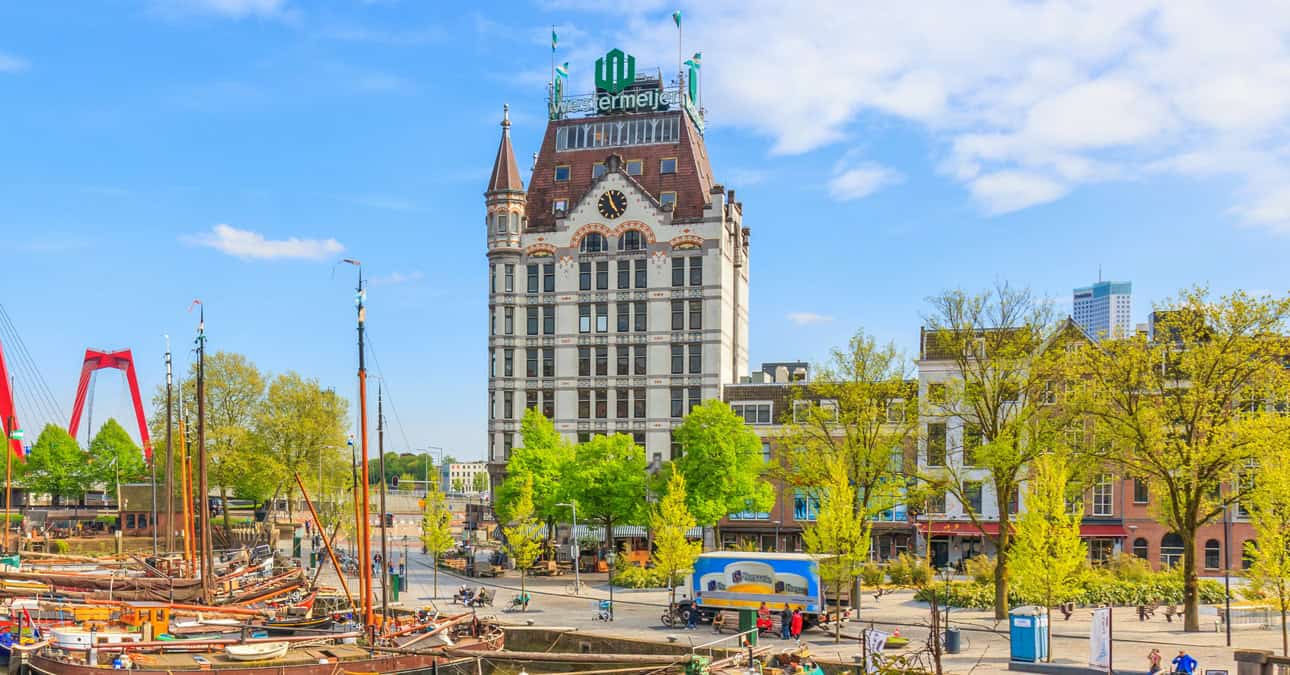 The Witte Huis (White House)
The Witte Huis (White House)
Historical significance:
Completed in 1898, the Witte Huis is considered the first skyscraper in Europe, towering at an impressive 43 metres. Designed by architect Willem Molenbroek in the Art Nouveau style, the building was a marvel of its time, symbolising Rotterdam’s ambition and push for modernisation.
Anecdote:
When the Witte Huis was first proposed, its unprecedented height was met with scepticism by locals and city planners alike. Yet, the venture proved to be successful, becoming a beloved fixture in Rotterdam’s skyline. Miraculously, the Witte Huis was one of the few buildings in central Rotterdam to survive the 1940 bombings that levelled much of the city. Today, it stands as a rare relic of pre-war Rotterdam and a testament to both the city’s aspirations and resilience.
2. Sint-Laurenskerk (St. Lawrence Church)
 Sint Laurenskerk (Grote Kerk) Rotterdam
Sint Laurenskerk (Grote Kerk) Rotterdam
Historical significance:
Completed in 1525, Sint-Laurenskerk is one of the oldest buildings in Rotterdam and the city’s only remaining medieval structure. Originally built as a Catholic church, it became Protestant during the Reformation, showcasing Gothic architecture and deep religious history in a city now known for its diversity.
Anecdote:
The church’s tower, once the tallest structure in Rotterdam, was badly damaged during the WWII bombings. Determined to preserve this important piece of heritage, Rotterdammers rallied to restore Sint-Laurenskerk after the war. Today, the church stands proudly amidst Rotterdam’s modern skyline, symbolising the city’s medieval past and the enduring will to rebuild and honour its history.
3. Delfshaven
 Delfshaven Rotterdam
Delfshaven Rotterdam
Historical significance:
Delfshaven is one of the few areas in Rotterdam to have escaped the destruction of WWII, allowing it to retain its historic charm and architecture. Dating back to the 14th century, it served as a bustling port and remains one of Rotterdam’s most picturesque neighbourhoods.
Anecdote:
Delfshaven holds a unique place in both Dutch and American history. In 1620, the Pilgrim Fathers set sail from Delfshaven to America after spending over a decade in Leiden. The Pilgrim Fathers Church commemorates this journey and draws visitors interested in learning about the early roots of American history. Wandering through Delfshaven today feels like stepping back in time, as its cobblestone streets and historic canals offer a rare glimpse into old Rotterdam.
4. Hotel New York
 Hotel New York in Rotterdam
Hotel New York in Rotterdam
Historical significance:
Originally built in 1901 as the headquarters for the Holland America Line, Hotel New York stands as a landmark of Rotterdam’s rich maritime heritage. The building now serves as a hotel and restaurant but retains its strong connection to Rotterdam’s seafaring past.
Anecdote:
During the early 20th century, Hotel New York was a major departure point for emigrants seeking new lives in America. Many hopeful travellers bid farewell to the Netherlands from this very port, beginning journeys that would change their lives forever. Today, Hotel New York is a symbol of the city’s history of migration, adventure, and opportunity, while its nostalgic interior offers visitors a sense of connection to the past.
5. Van Nelle Factory
 Van Nelle Factory in Rotterdam
Van Nelle Factory in Rotterdam
Historical significance:
Built between 1927 and 1931, the Van Nelle Factory is a masterpiece of modern industrial architecture. Its design, with an emphasis on natural light and open spaces, reflected progressive ideas about work environments in the early 20th century. Recognised as a UNESCO World Heritage site, it remains a beloved architectural icon in Rotterdam.
Anecdote:
The factory was initially used for the production of coffee, tea, and tobacco, but its design set it apart from other industrial sites of the time. With its iconic glass walls, the Van Nelle Factory was often praised as “a poem in steel and glass.” Since its closure as a manufacturing site, the building has been repurposed to host creative industries, events, and businesses. The Van Nelle Factory’s innovative design and adaptability mirror Rotterdam’s spirit of progress and reinvention.
6. Euromast
 Euromast Rotterdam
Euromast Rotterdam
Historical significance:
The Euromast was constructed for the 1960 Floriade, a horticultural exhibition, and was originally intended to be a temporary structure. Standing at 185 metres, it quickly became an iconic part of Rotterdam’s skyline, offering visitors unparalleled panoramic views of the city.
Anecdote:
Due to its overwhelming popularity, the Euromast was made permanent and remains one of Rotterdam’s most popular attractions. Visitors can take a high-speed elevator to the top for a breathtaking view, or dine in its restaurant for an unforgettable experience. Though built relatively recently compared to other historic landmarks, the Euromast holds a special place in Rotterdam’s story as a symbol of post-war optimism and modernity.
Embracing history amid modernity
These six landmarks reflect Rotterdam’s architectural diversity, from medieval churches and Art Nouveau structures to modern industrial designs and observation towers. Each site has withstood the city’s challenging past, embodying stories of resilience, migration, and innovation. Visiting these landmarks allows you to journey through Rotterdam’s history, experiencing how the city’s unique heritage blends seamlessly with its contemporary vibrancy.

